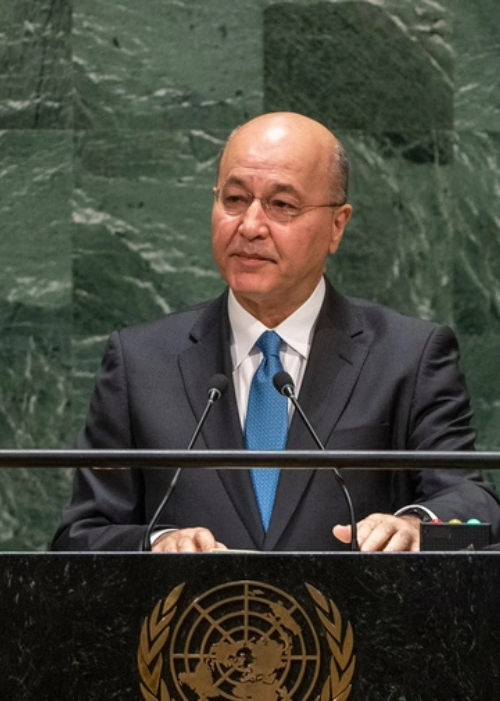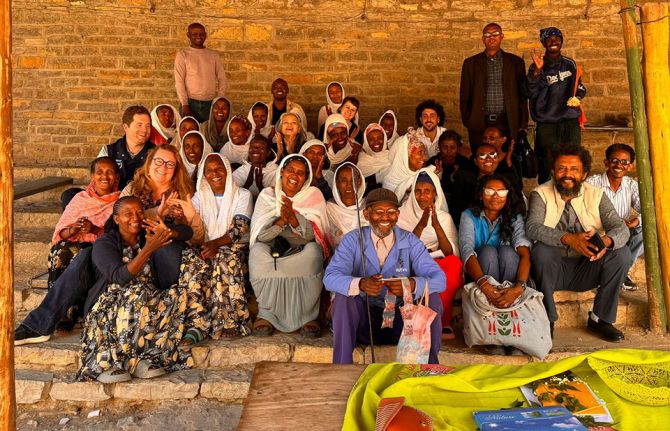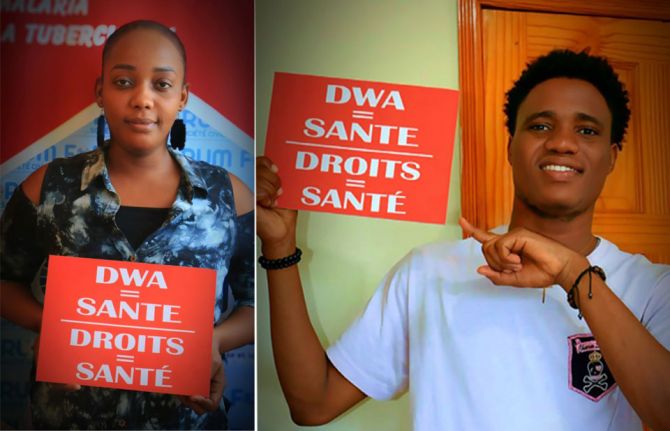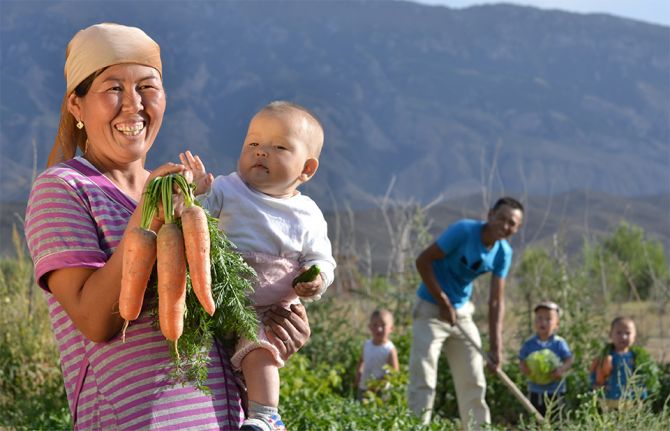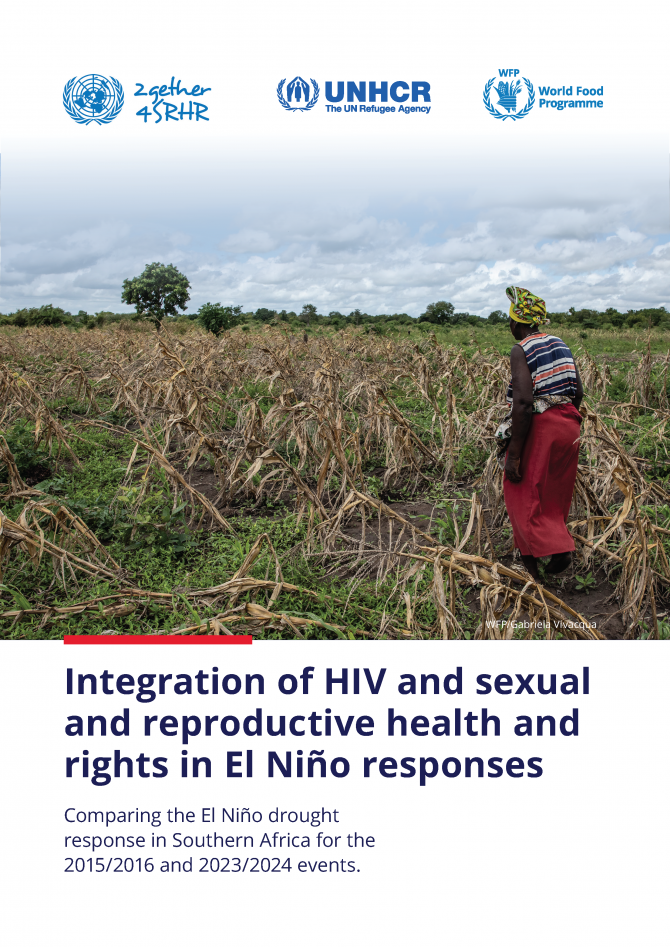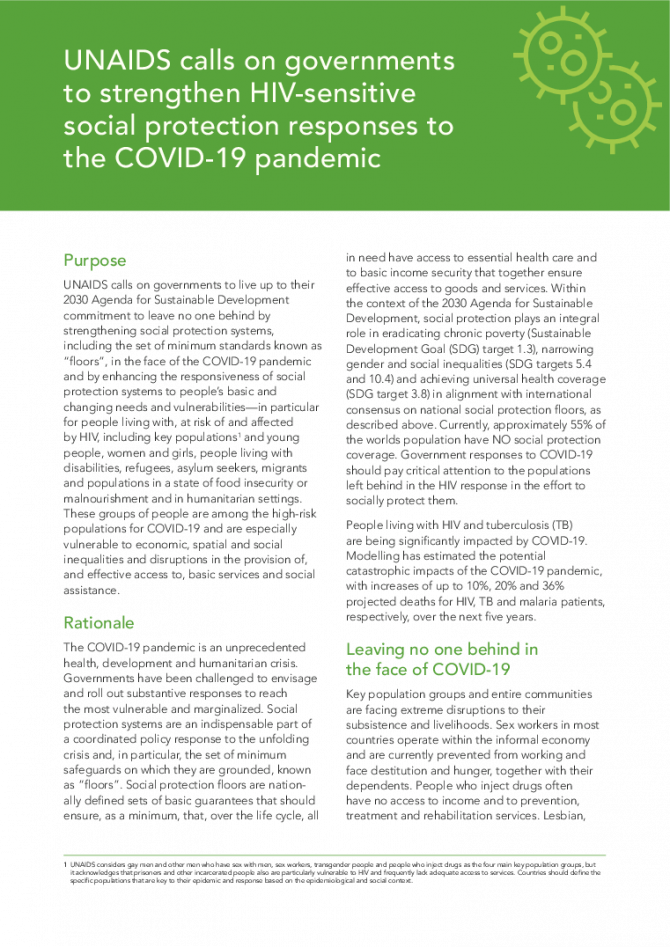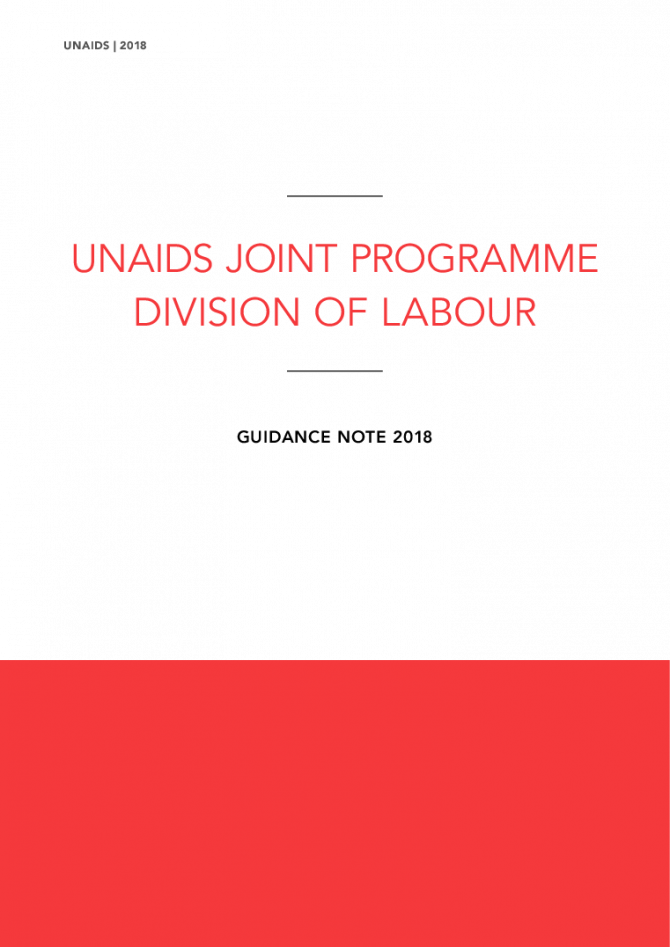
The Office of the United Nations High Commissioner for Refugees (UNHCR) has a mandate to lead and coordinate global action to protect the rights and well-being of tens of millions of refugees, internally displaced persons and others of concern, including the stateless, asylum seekers, returnees and surrounding host communities.
The agency, active in well over 120 countries, makes a unique contribution to the international AIDS response. It reaches people who may have become more vulnerable to HIV, owing to displacement and exposure to conflict situations, with a wide range of interventions and programmes driven by AIDS-related competence and expertise developed over decades.
UNHCR runs substantial HIV programmes in Africa, Asia, the Americas, the Middle East and eastern Europe. Under the UNAIDS Division of Labour, UNHCR co-convenes the Inter-Agency Task Team on Addressing HIV in Humanitarian Emergencies, which involves, among other tasks, coordinating HIV technical support for displaced populations. As the lead organization responsible for such populations, UNHCR plays a pivotal role, serving as an entry point for governments and other relevant country-level stakeholders requiring particular UNAIDS technical support.
In order to fulfil its mandate, UNHCR promotes effective synergies and capitalizes on the comparative advantages of a broad spectrum of partners, including refugees and host communities, governments, donor agencies, United Nations agencies and other international organizations, national and international nongovernmental bodies (such as faith-based organizations), academic and research institutions and the private sector.
UNHCR concentrates on five key areas of support to countries.
UNCHR aims to reduce the transmission of HIV using a protection and rights-based approach. It uses advocacy with countries of asylum to prevent refugees being subjected to any form of mandatory HIV testing and to ensure that refugees do not face the risk of refoulement (i.e. the threat of being returned or expelled to a place of danger). It also advocates strengthening programmes that challenge sexual and gender-based violence. In addition, UNHCR advocates strongly for the inclusion of refugees and persons of concern in national HIV strategic plans. Furthermore, it engages young people (10–24 years) in refugee camps given their special HIVrelated prevention and response needs. UNHCR also supports the introduction of newer models of improving the uptake of HIV testing and counselling services in camps with limited coverage, including strengthened quality-assured testing and counselling services at multiple entry points in the health system and at the community level.
UNHCR also facilitates access to antiretroviral therapy (ART) and continues to work with and support ministries of health and national AIDS councils to ensure that refugees benefit from newly adopted national protocols. Equal emphasis is placed on both ensuring adherence to treatment and access to treatment, with UNHCR striving for equitable availability of ART for children and key populations (such as sex workers, men who have sex with men, people who inject drugs and transgender people).
UNHCR works with partners to help provide comprehensive services to support the elimination of mother-to-child transmission of HIV, including access to voluntary counselling and testing for pregnant women and their children and appropriate ART regimens. It strives to ensure that the full range of prevention of mother-to-child transmission services is firmly integrated within strengthened maternal and child health systems, which includes focused antenatal care and skilled birth attendance at delivery.
The agency also improves access to comprehensive reproductive, maternal and newborn health services. UNHCR supports the Minimum Initial Service Package (MISP) for reproductive health in crisis, which lists the reduction of HIV transmission as its second objective. MISP is implemented at the onset of a refugee emergency, and, as soon as the situation has stabilized, operations are supported to establish comprehensive reproductive health programmes.
UNHCR helps to increase the use of innovative and appropriate technologies in HIV and reproductive health services. It supports new approaches to developing sustainable and scalable models for providing HIV and reproductive health care in countries where significant unmet needs have emerged, including new solutions and innovative models that increase access to affordable and quality health-care services for women and girls.
Additional information is available here.
